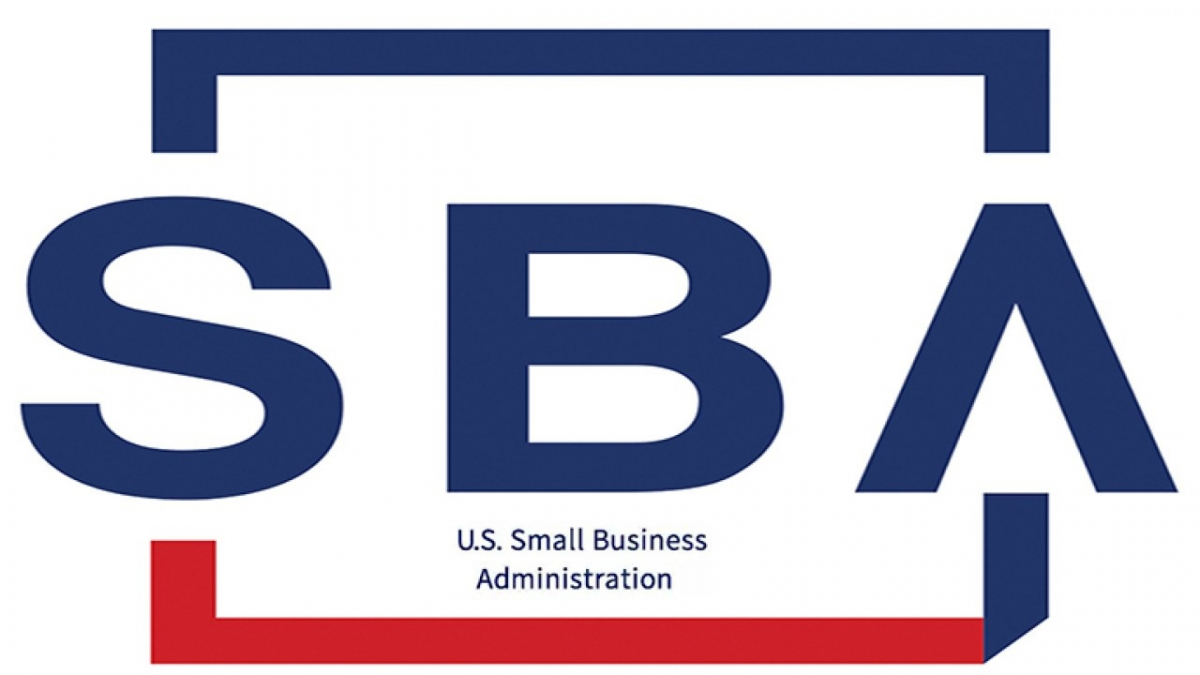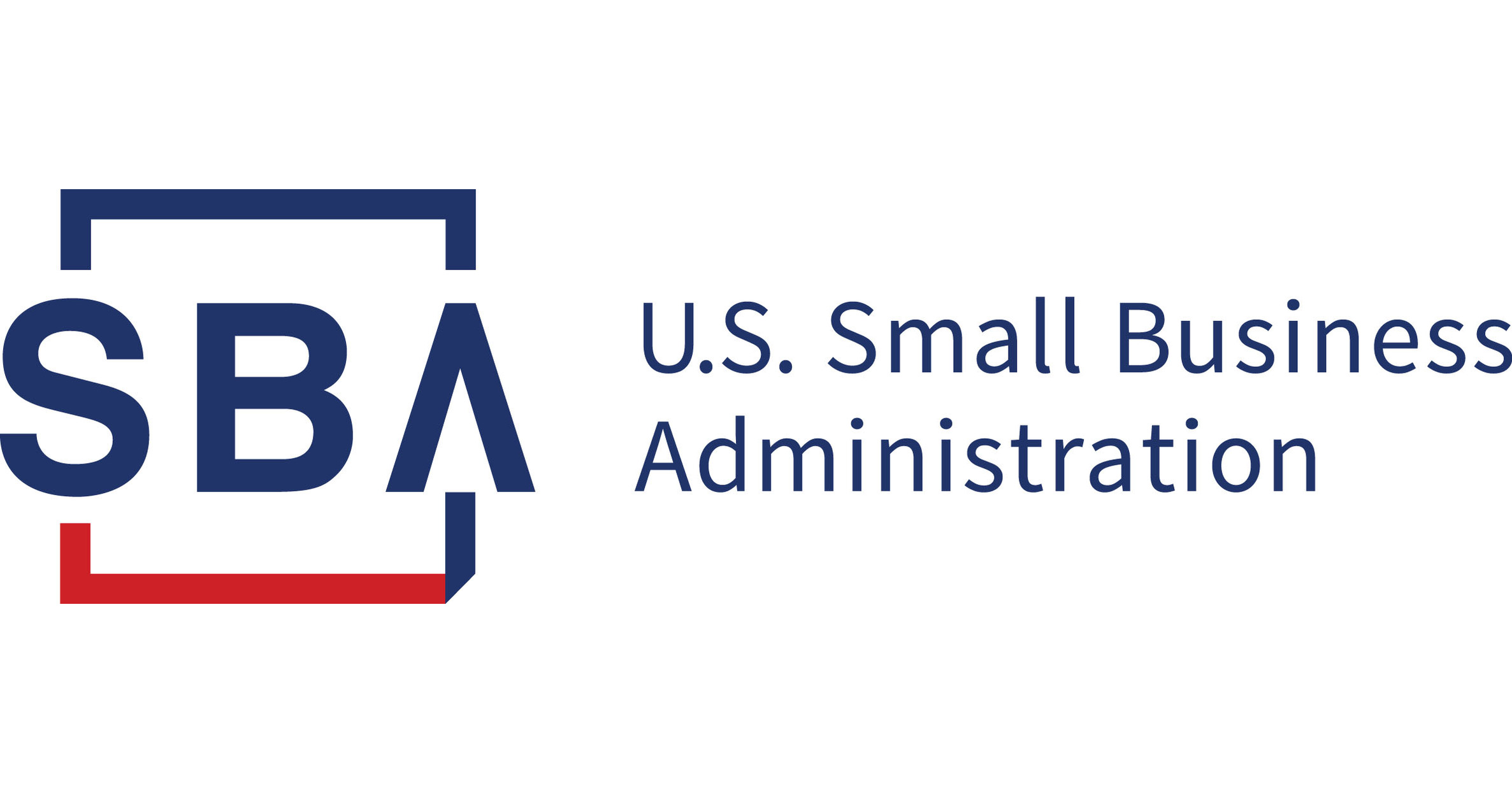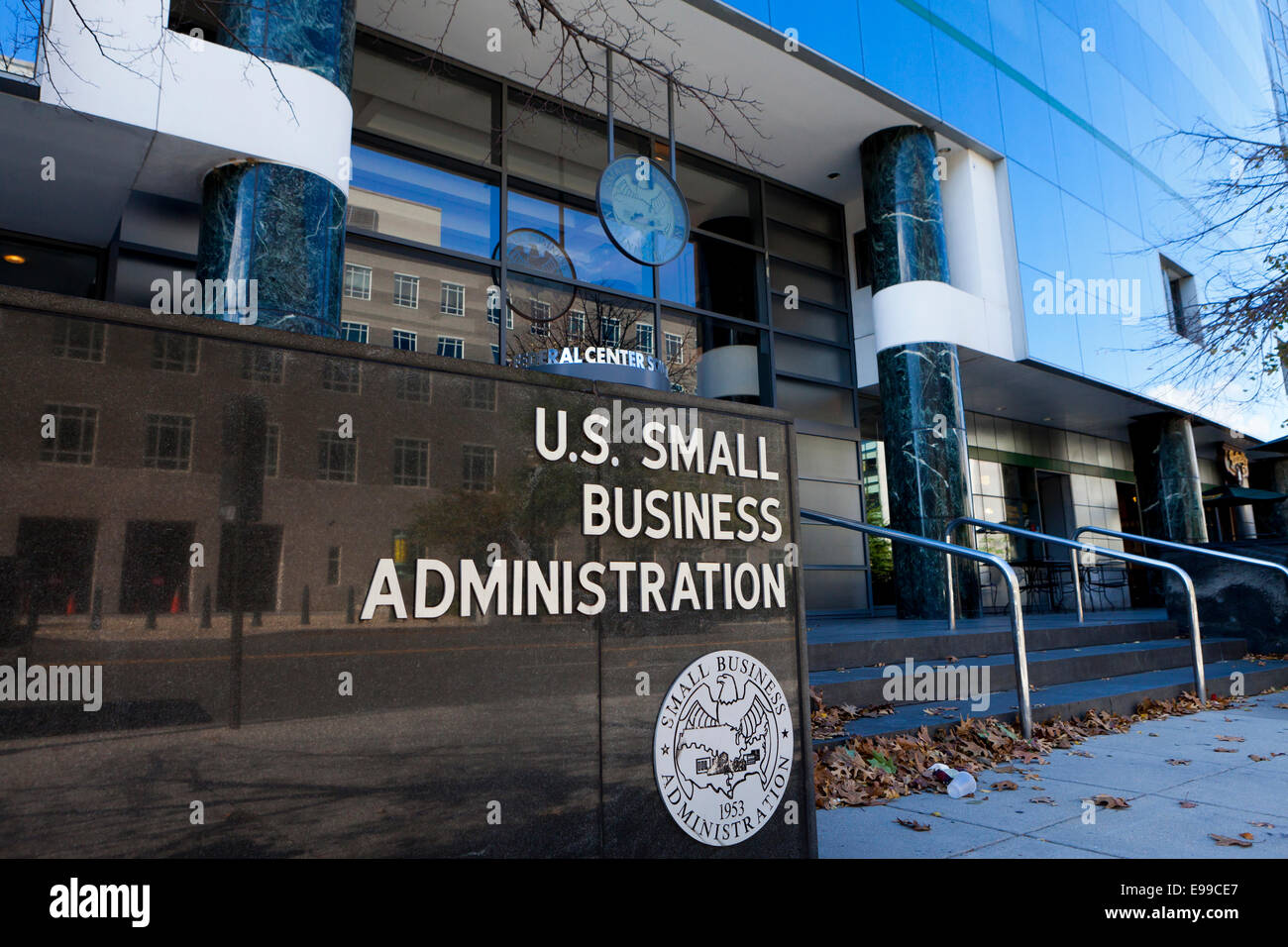Are you dreaming of launching your own venture, but unsure where to begin? The path to entrepreneurship, though challenging, is undeniably rewarding, and the Small Business Administration (SBA) is a pivotal resource in making those dreams a reality.
In a world where innovation and economic growth are driven by small businesses, the SBA stands as a cornerstone of support, offering a vast array of programs and services designed to nurture and empower entrepreneurs. From providing access to vital capital and fostering entrepreneurial development to navigating the complexities of government contracting, the SBA is dedicated to ensuring the success of small businesses across the United States. Understanding the SBA, its mission, and the resources it provides is the first step towards building a thriving enterprise.
Let's delve into the crucial aspects of the SBA and its role in the world of small business, breaking down the key information for aspiring and established entrepreneurs alike.
- Jonathan Stoddard A Look Into His Wife And Personal Life
- Foundation The History And Evolution Of Beautys Base
The SBA, a federal agency established in 1953, is much more than just a government entity; it's a catalyst for economic growth. Its mission is to aid, counsel, assist, and protect the interests of small business concerns. This multifaceted approach encompasses a wide range of initiatives, including:
- Access to Capital: The SBA doesnt directly lend money; it guarantees loans made by participating lenders. This guarantee reduces the risk for lenders, making it easier for small businesses to secure funding. Various loan programs are available, catering to different needs, from startup costs to expansion projects.
- Entrepreneurial Development: The SBA offers counseling, training, and educational resources to help entrepreneurs at every stage of their journey. This includes workshops, online courses, and mentoring programs.
- Government Contracting: A significant portion of government contracts are set aside for small businesses. The SBA helps small businesses navigate the complexities of government contracting and connect with opportunities.
- Advocacy: The SBA acts as a voice for small businesses within the federal government, ensuring that their interests are considered in policy-making.
- Disaster Assistance: In times of crisis, the SBA provides low-interest disaster recovery loans to help businesses rebuild and recover.
The SBAs impact is far-reaching, touching the lives of countless entrepreneurs and contributing significantly to the nation's economy. Its role in fostering a competitive marketplace is crucial, as it helps to preserve free enterprise and strengthen the overall economic health of the United States.
One of the critical services offered by the SBA is access to capital. Securing financing is often a primary challenge for small business owners, and the SBA's loan programs aim to bridge this gap. These programs provide guarantees to lenders, encouraging them to extend credit to small businesses that may not otherwise qualify for conventional loans. SBA loans are available for a variety of purposes, including:
- Startup Costs: Covering expenses associated with launching a new business.
- Working Capital: Providing funds to manage day-to-day operations.
- Equipment Purchases: Financing the acquisition of essential equipment.
- Real Estate: Assisting with the purchase or renovation of commercial property.
- Disaster Recovery: Offering aid to businesses affected by natural disasters.
The SBA offers a variety of loan programs, each with its specific features and eligibility requirements, such as the 7(a) Loan Program, the 504 Loan Program, and the Microloan Program. Understanding the nuances of each program is essential when applying for an SBA loan.
Beyond financial assistance, the SBA recognizes that business owners often need more than just capital to thrive. That's why entrepreneurial development is a core component of its mission. This includes a range of services designed to equip entrepreneurs with the knowledge and skills they need to succeed. These services include:
- Counseling: The SBA provides access to experienced business counselors who offer personalized guidance and support.
- Training: The agency offers a variety of workshops, seminars, and online courses covering topics such as business planning, marketing, financial management, and more.
- Mentoring: Through its network of mentors, the SBA connects entrepreneurs with experienced professionals who can provide valuable insights and advice.
The SBA partners with various organizations to deliver its entrepreneurial development programs, including Small Business Development Centers (SBDCs), Women's Business Centers (WBCs), and SCORE, a network of volunteer business mentors. These resources are invaluable for any entrepreneur seeking to improve their business acumen and navigate the complexities of the business world.
A key aspect of the SBAs support is its involvement in government contracting. The federal government is the largest purchaser of goods and services in the world, and a significant portion of these contracts are set aside for small businesses. The SBA plays a crucial role in:
- Connecting Small Businesses with Opportunities: The SBA helps small businesses find and bid on government contracts.
- Providing Training and Resources: The SBA offers training and resources to help small businesses understand the government contracting process.
- Advocating for Small Businesses: The SBA advocates for policies that promote small business participation in government contracting.
The SBA's goal is to ensure that small businesses have a fair opportunity to compete for government contracts, which can be a significant source of revenue and growth for these companies. To qualify for government contracting opportunities, businesses need to meet specific size standards and NAICS (North American Industry Classification System) codes.
The Small Business Innovation Research (SBIR) and Small Business Technology Transfer (STTR) programs are particularly noteworthy. These programs offer grants to support small businesses in research and development (R&D), technology transfer, and economic growth. They provide a crucial source of funding for innovative companies working on cutting-edge technologies and solutions. Understanding the eligibility criteria, objectives, and benefits of these programs can be a game-changer for businesses focused on innovation and technological advancement.
The SBA is committed to providing essential information and resources to small business owners and entrepreneurs across the nation. This includes readily accessible contact information, office locations, and a wealth of online resources. The official website of the United States government is an invaluable source of information, serving as a gateway to the agencys programs, services, and guidance. It's a portal where entrepreneurs can explore loan options, find educational materials, and discover valuable insights into navigating the complexities of starting and growing a business.
Here's what you should know:
- Contact Information: You can easily find contact details, including phone numbers and email addresses, for SBA offices across the country.
- Office Locations: The SBA has a network of offices and resource partners throughout the United States, ensuring local support for entrepreneurs.
- Online Resources: The SBA's website provides access to a vast library of information, including guides, templates, and educational materials.
In the constantly evolving landscape of business, staying legally compliant is paramount. The licenses and permits needed to operate a business vary significantly depending on the industry, the state, the location, and other specific factors. While the SBA doesnt issue licenses and permits directly, it provides resources to help businesses navigate this complex area.
Here's a glimpse of what you need to know:
- Industry-Specific Requirements: Certain industries, like healthcare or food service, have specific licensing and permitting requirements.
- State and Local Regulations: Requirements can vary considerably from one state or locality to another.
- Online Resources: The SBA website offers links to resources that help businesses determine the licenses and permits they need.
In 1953, the SBA was established. The agency has been helping small businesses in the United States for seven decades. This is due to the hard work of the people and the great vision of the US government.
In New York, the SBA announced a significant workforce reduction. This restructuring reflects the agencys ongoing efforts to adapt and optimize its operations to better serve the evolving needs of small businesses. This includes:
- A focus on efficiency and streamlining processes.
- A continued commitment to supporting entrepreneurs and small business.
- The agency is adapting its strategy to maximize impact with available resources.
The SBA's mission to support small businesses is a comprehensive effort that extends across many areas, including:
- Advocacy: Speaking on behalf of small businesses within the federal government and providing small business statistics.
- Economic Growth: Promoting and supporting economic growth, research, and development.
- Disaster Assistance: Providing aid for disaster recovery.
The Spanish-language version of the SBA website is another resource that is provided so that everyone can understand how the SBA helps small businesses and makes their business grow. The SBAs services and resources, offered through a network of local offices and partners, ensure that all entrepreneurs have access to the support they need. The agency is committed to fostering a vibrant and inclusive entrepreneurial ecosystem.
For example, the Small Business Administration (SBA) was created in 1953 as an independent agency of the federal government. It was created to aid, counsel, assist, and protect the interests of small business concerns, to preserve free competitive enterprise, and to maintain and strengthen the overall economy of our nation. The SBA is the official website of the United States government. The agency is responsible for helping the public to start and grow their businesses.
- The Ultimate Sibling Guide Does Sza Have Brothers Or Sisters
- Jonathan Stoddard A Look Into His Wife And Personal Life


